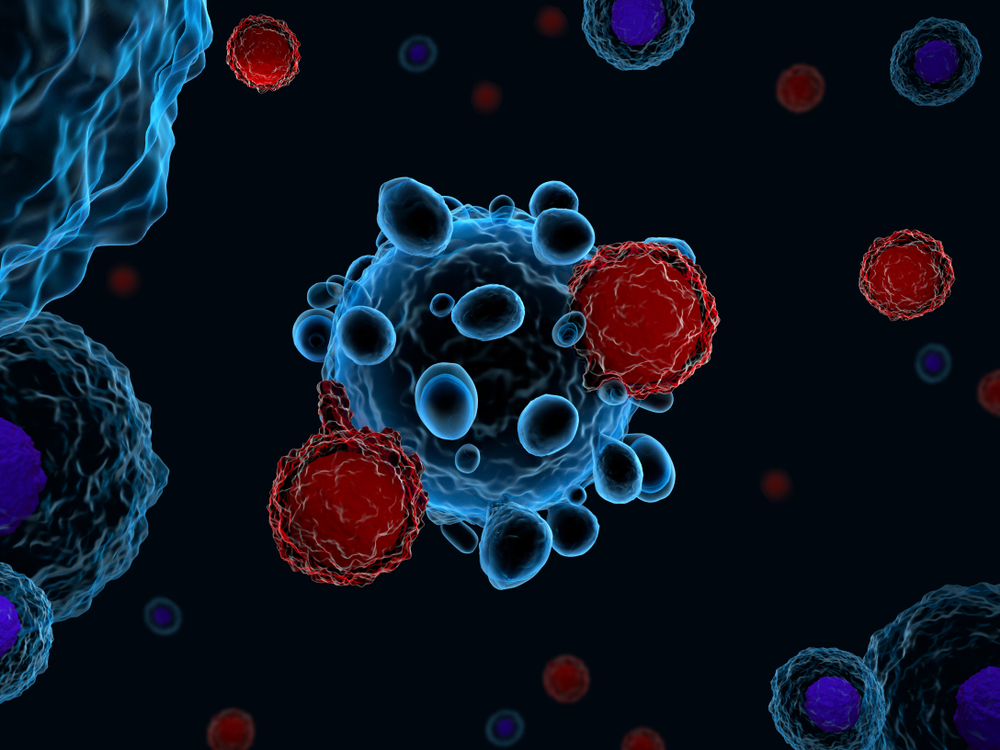bluebird bio Opens Manufacturing, Research Facility in Durham, N.C.

Bluebird bio has officially opened a facility in Durham, North Carolina, to make the lentiviral vector needed for its investigational gene and cell treatments, including the CAR T-cell therapies bb2121 and bb21217 for relapsed or refractory multiple myeloma.
Some 50 researchers, engineers and others are employed at the 125,000-square-foot facility. Roughly 20 more employees are expected to be added by year’s end.
“At bluebird bio, we view every aspect of our path to helping patients as both a privilege and a responsibility,” bluebird bio CEO Nick Leschly said in a press release. “This includes the expertise that we’ve poured into the construction and operation of our manufacturing facility, because it is a crucial step toward our mission of bringing a new generation of treatments to people living with severe genetic diseases and cancer.”
He said the company plans to advance four gene therapies in the next few years.
“North Carolina is proud to bring bluebird bio’s cutting-edge work to Durham,” Gov. Roy Cooper said. “bluebird is developing treatments for devastating diseases that could change the course of medicine. And, with the [Durham area’s] highly skilled workforce, it will continue to be a leader in the biotech field.’
Near completion, the $80 million facility, which includes warehouse and quality control labs, is expected to produce clinical and commercial lentiviral vectors, an essential part of the company’s gene and cell treatments. In the future, bluebird also could manufacture commercial agents there.
In partnership with Celgene, bluebird bio is conducting a Phase 1 dose-escalation and -expansion study (NCT02658929) into the safety and effectiveness of bb2121, a type of immunotherapy called a chimeric antigen receptor (CAR) T-cell therapy in adults with relapsed or refractory multiple myeloma. The clinical trial began in 2016.
An international Phase 2 trial, called KarMMA (NCT03361748), is an open-label, single-arm study aiming to measure the effectiveness and safety of bb2121 in about 150 adults with difficult-to-treat multiple myeloma.
The treatment uses patients’ T-cells — a type of immune cell — and genetically modifies them to recognize a protein called B-cell maturation antigen (BCMA), which exist on the surface of multiple myeloma cells. After injection back into the bloodstream, the T-cells are ready to destroy tumor cells producing the BCMA factor.
To create these gene-modified cells, bluebird bio uses lentivirus carrying the gene for the BCMA receptor. These viruses infect cells by inserting DNA into their host cells’ genome, being good vectors for genetic manipulations.
The treatment candidate bb21217, developed with Celgene, is similar to bb2121, but is enriched for memory T-cells — a long-lived, more potent T-cell subtype – allowing for long-lasting treatment responses.
The therapy is being tested in the two-part, open-label CRB-402 Phase 1 study (NCT03274219), which is still enrolling adults with refractory/relapsed MM at sites in the U.S. Researchers intend to determine its safety and how many patients respond to treatment.






